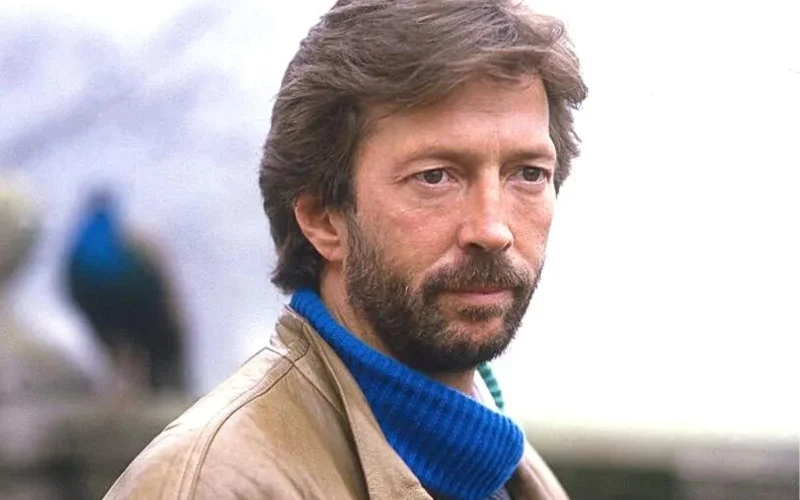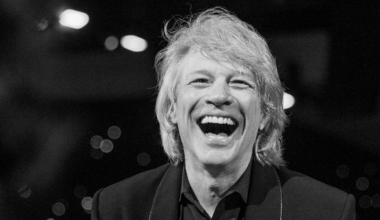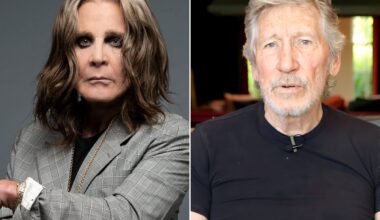If we really want to dissect the true greatness of The Beatles, it’s worth looking at the landscape in which they rose to fame. They absolutely dominated the charts in the 1960s, and not because they were the only option. This was a decade brimming with iconic musicians, all with countless hits up their sleeves, yet none of them were allowed to be mentioned in the same breath as The Beatles.
They were a cut above the rest, and the rest was anything but mediocre. In the shadows of the 1960s was a burgeoning London scene that boasted bands any era would have been proud to champion: The Who, Fleetwood Mac, and The Yardbirds. In the latter stood Eric Clapton, a man who, despite not being in the biggest band of the decade, was someone who many regard as one of the greatest guitar players on the planet.
But whatever move Clapton made with his career, the likelihood was that he would be living in the slipstream of The Beatles. But in the spirit of music over sport, the relationship between all of these burgeoning artists was relatively friendly and devoid of competition. Of course, all of the surrounding musicians would have loved to enjoy The Beatles’ success. In fact, many of them would have loved to have just been The Beatles. But for the most part, it was built on a reciprocal relationship of respect.
But not only did George Harrison have a spot in the band that all musicians, and likely Clapton, wanted to be a part of, but he was also married to a woman he desperately loved. Pattie Boyd married Harrison in the midst of The Beatles’ heady success in 1966, but soon received letters from Clapton pleading with her to leave the Beatle for him.
Harrison was always aware of Clapton’s feelings for his wife and, in the spirit of free love, chose to channel his anger towards the situation into music rather than outright confrontation. In fact, one famous party saw the pair engage in a guitar-playing duel at John Hurt’s house, in what proved to be a musical fight between the pair, driven by the undercurrent of their shared love for Boyd.
Clapton and Boyd engaged in an affair before she eventually split from Harrison in 1977 and married Clapton in ‘79. But with time, healing, and hindsight at his disposal, Clapton looks back on the entire saga with a tinge of regret.
He said, “I have regrets, obviously. Countless. One of the great regrets was getting involved with George Harrison’s marriage. What is that fabulous song that Dylan plays? ‘Don’t go mistaking paradise for that home across the road.’ I don’t know what inspired that song, but my experience is exactly what it’s about.”
Like most stories of that era, the voice and experience of the woman involved were largely lost in a swell of machismo. But as time went on, Boyd had her chance to express her feelings on the matter, saying that both Clapton and Harrison were “Boy-men” and “Immature emotionally”, which, given the anecdote about a guitar duel to the sonic death, isn’t hard to believe.






